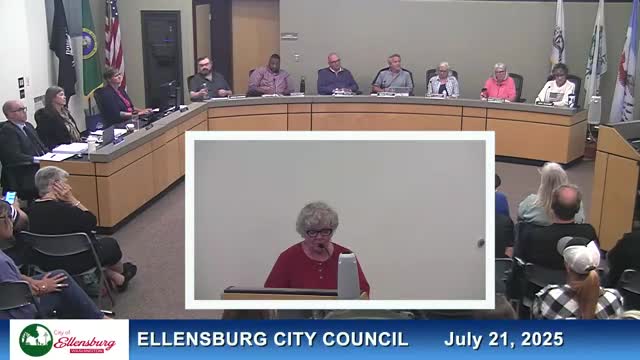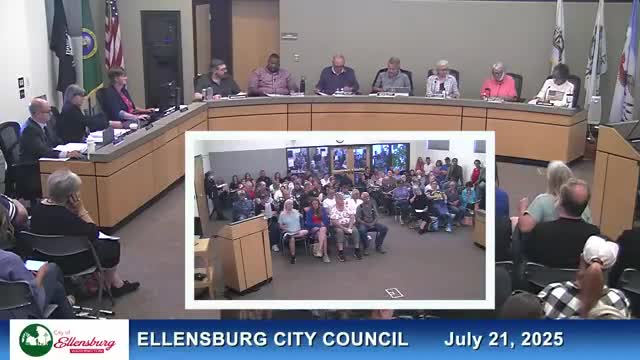Article not found
This article is no longer available. But don't worry—we've gathered other articles that discuss the same topic.

Council adopts two telecom franchises, rejects tree‑trimming bids, backs hospital levy and approves shelter, garbage can and committee actions

Council sets annual comp‑plan docketing; schedules public conversations after 1,009 signatures and 309 amendment requests on DEI

